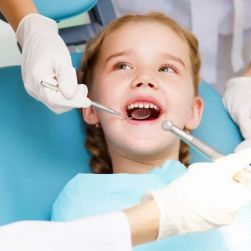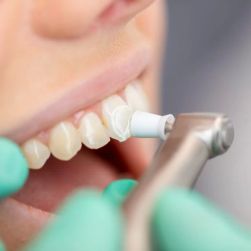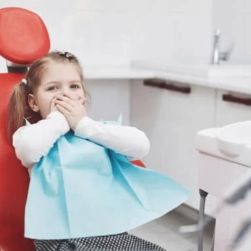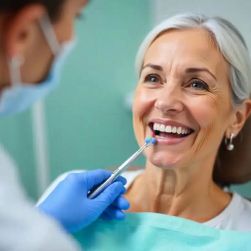What Are the Most Common Oral Health Problems in the Elderly?
As we age, maintaining good oral health becomes increasingly important. The population of elderly individuals is growing steadily in the United States, requiring a focused approach to their dental care needs. Aging can bring about a host of oral health challenges, from tooth loss to gum disease. Understanding these common issues can help seniors and their caregivers take proactive steps in prevention and treatment, ensuring improved quality of life in the golden years.
1. Tooth Decay: A Persistent Issue
Tooth decay remains a significant concern for the elderly population. As seniors age, the protective enamel on their teeth can wear away, making them more susceptible to cavities. Reduced saliva production, often a side effect of medication, plays a crucial role in this decline. Saliva helps protect teeth by neutralizing acids produced by bacteria, and less saliva means greater risk. According to the CDC, nearly one in five adults aged 65 and older have untreated tooth decay. It's crucial for seniors to maintain regular dental check-ups and practice consistent oral hygiene to combat this common issue.
2. Gum Disease: Silent but Serious
Periodontal disease, commonly known as gum disease, is another pervasive oral health problem among the elderly. This condition ranges from mild inflammation to severe damage to the soft tissue and bone supporting the teeth. Poor oral hygiene, smoking, and genetic predisposition are known contributors. The American Dental Association reports that about 68% of seniors are affected by periodontal disease. Early symptoms include red, swollen, and bleeding gums. If left untreated, it can lead to tooth loss. Regular dental visits and good oral hygiene practices, such as brushing and flossing, are vital in preventing gum disease.
3. Tooth Loss and Its Implications
Tooth loss is not just an aesthetic concern; it can affect nutrition, speech, and self-esteem. The National Institute of Dental and Craniofacial Research notes that adults over the age of 65 have an average of 18.90 remaining teeth. Factors contributing to tooth loss include untreated tooth decay and gum disease. Dentures or dental implants are commonly recommended solutions, but these require maintenance and can be costly. Ensuring a diet rich in calcium and engaging in effective oral hygiene practices can help preserve remaining teeth.
4. Dry Mouth: More Than Just a Nuisance
Xerostomia, commonly known as dry mouth, is often overlooked as a minor inconvenience rather than a serious problem. However, chronic dry mouth can lead to an increased risk of cavities, gum disease, and difficulty swallowing. It is often a side effect of many medications prescribed for chronic conditions common in older adults, such as high blood pressure and depression. Treatment typically involves the use of saliva substitutes and ensuring adequate hydration. Consultation with a healthcare provider to adjust medications may also help alleviate symptoms.
5. Oral Cancer: A Growing Concern
The risk of oral cancer increases with age, making it a critical concern for seniors. The American Cancer Society estimates that over 10,000 deaths are attributable to oral and oropharyngeal cancers each year in the U.S. Early detection is vital for successful treatment, emphasizing the importance of regular dental examinations. Symptoms can include sores, lumps, or rough areas in the mouth, which should be evaluated by a healthcare professional as soon as they are noticed.
Conclusion: Prioritizing Oral Health in the Elderly
Maintaining oral health is vital for ensuring that seniors lead a comfortable and fulfilling life. Key strategies include regular dental visits, proper oral hygiene, and a balanced diet rich in essential nutrients. Caregivers and family members can play an essential role in supporting the oral health of their elderly loved ones. For further guidance and comprehensive solutions tailored to seniors, please visit Dentistry Toothtruth.






